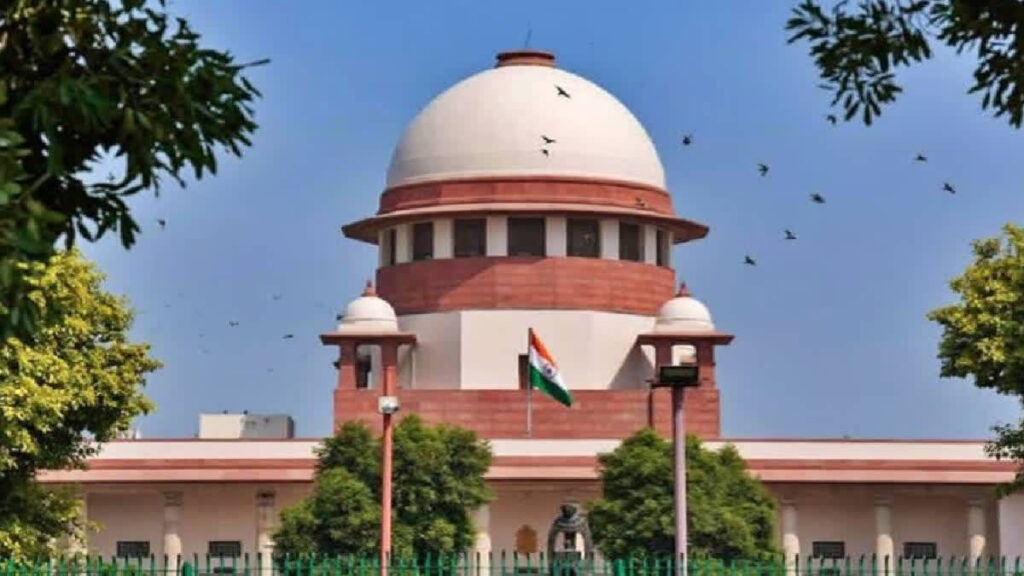
In a significant ruling on Monday, the Supreme Court dismissed a public interest litigation (PIL) challenging certain provisions of the Dowry Prohibition Act, 1961, which had raised concerns about the misuse of women-centric laws. The plea was filed by Rupshi Singh, who argued that provisions such as sections 2 and 3 of the Act, along with other laws like the Protection of Women from Domestic Violence Act, 2005, and provisions on cruelty to women in the Indian Penal Code, were being misused and adversely impacting men.
A bench comprising Justices B R Gavai and K Vinod Chandran responded by advising the petitioner’s counsel to raise such concerns in Parliament rather than before the Court. “You can go and raise all these grounds in Parliament,” the bench said, emphasizing that legal reform should be pursued through the legislative process.
Section 2 of the Dowry Prohibition Act defines dowry, while Section 3 deals with penalties for the giving or taking of dowry. The petitioner’s counsel contended that these provisions were unfairly used against men and resulted in wrongful accusations. The PIL also questioned the validity of laws that, according to the petitioner, were discriminatory towards men and led to false complaints by women, undermining the very protections they were meant to provide.
In addition to the Dowry Prohibition Act, the plea also targeted the Protection of Women from Domestic Violence Act, alleging that the law was biased against men and gave women undue advantage in cases of domestic disputes. The petitioner further claimed that the provisions of the Dowry Prohibition Act were discriminatory on the grounds of religion and that they lacked reasonableness and fairness.
While dismissing the plea, the Supreme Court’s ruling underscores the importance of addressing concerns over misuse of laws through legislative measures, rather than judicial intervention. The decision has sparked ongoing debate on the balance between protecting women’s rights and safeguarding against potential abuse of legal provisions.
Sources By Agencies




